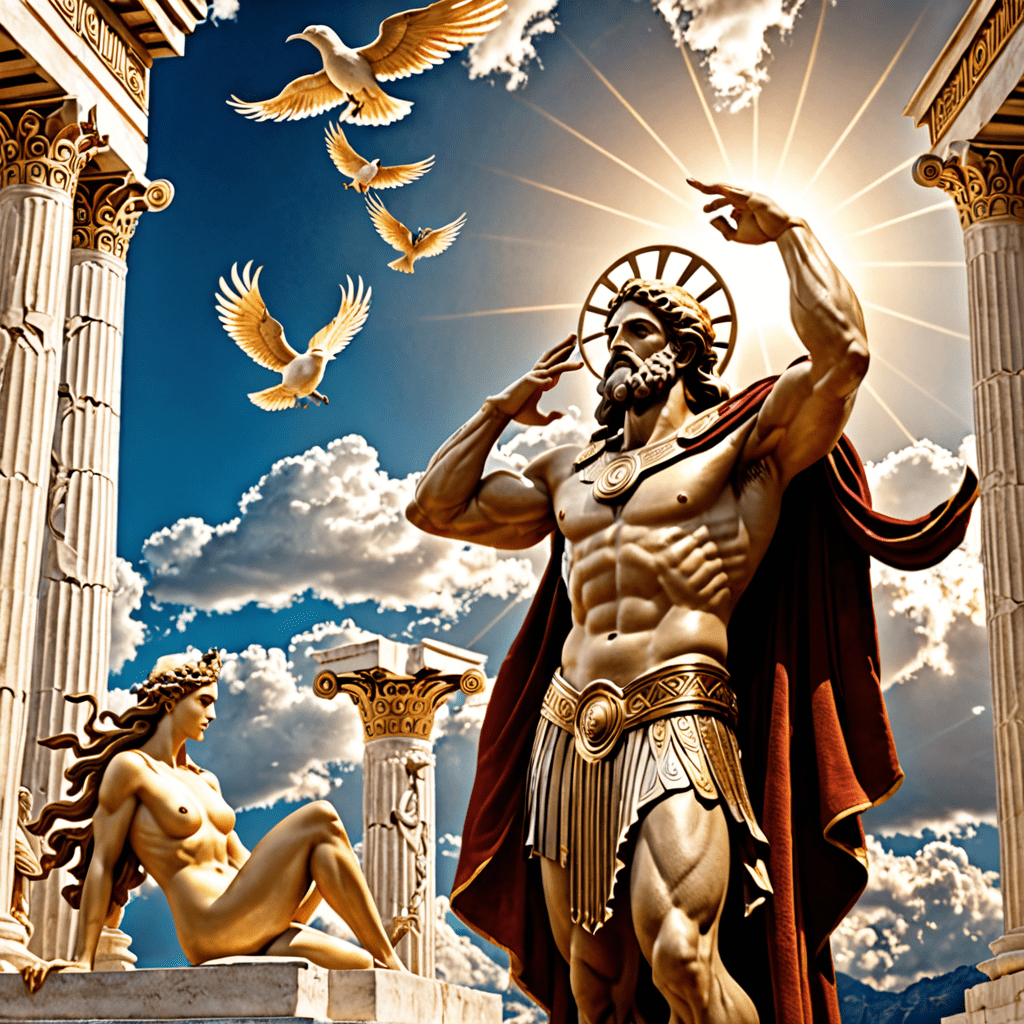The Representation of Dreams in Greek Mythology
Dreams have long been a mysterious and fascinating aspect of human experience, and in Greek mythology, they held a significant role in conveying messages from the gods and revealing insights to mortals.
The Role of Dreams in Greek Culture
In ancient Greece, dreams were seen as divine messages that provided guidance, warnings, or prophecies. These dreams were believed to be a means through which the gods communicated with individuals, offering glimpses into the future or instructions for important decisions.
The Greek God of Dreams: Morpheus
One notable figure in Greek mythology associated with dreams is Morpheus, the god of dreams and the son of Hypnos, the god of sleep. Morpheus was known for appearing in the dreams of mortals in various forms to deliver important messages or visions.
Notable Dreams in Greek Mythology
Many famous Greek myths mention dreams as pivotal plot points. For example, in Homer’s epic poem “The Iliad,” both Agamemnon and Achilles receive significant dream messages from the gods that shape the course of the Trojan War. Similarly, the myth of Oedipus revolves around prophetic dreams that ultimately lead to his tragic fate.
In addition, the story of King Croesus of Lydia highlights the importance of correctly interpreting dreams, as misinterpreting a dream led to disastrous consequences.
Overall, dreams in Greek mythology served as powerful storytelling tools that showcased the intricate relationship between mortals and the divine realm.
FAQ: The Representation of Dreams in Greek Mythology
What role do dreams play in Greek mythology?
Dreams hold significant importance in Greek mythology as they are often seen as divine messages from the gods. In many myths, gods like Morpheus, the god of dreams, communicate with mortals through their dreams, delivering prophecies or warnings.
Who is Morpheus in Greek mythology?
Morpheus is a god associated with dreams in Greek mythology. He is known as the one who shapes and forms dreams, appearing in various human forms to deliver messages from the gods to mortals while they sleep.
How are dreams interpreted in Greek mythology?
In Greek mythology, dreams are believed to have symbolic meanings that require interpretation. The content of dreams was often viewed as messages or omens from the divine realm, offering guidance, warnings, or insights into the future for those who could decipher them correctly.



